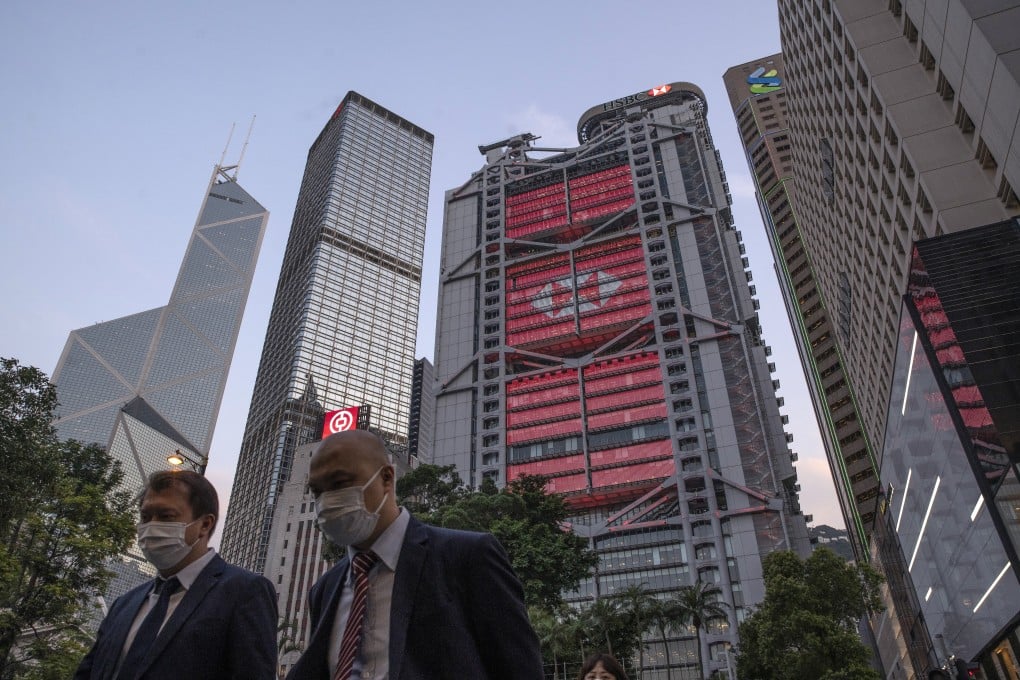Concrete Analysis | In a post-coronavirus world, offices will have more home comforts, as opposed to homes being the new workspaces. Here’s why
- A CBRE survey of Asian occupiers found that 83 per cent of respondents said workplaces should drive collaboration and productivity
- Businesses’ greater emphasis on quality and location as opposed to cost will spur demand in Hong Kong’s Central

Walking around Central at lunchtime, you will experience bustling streets and a sense of urgency as friends, colleagues and clients meet for lunch. With the exception of mandatory face masks, you could be forgiven for not realising that Hong Kong has been battling Covid-19 for the past twenty months.
The future of work has become a hot topic of global debate. I was recently reminded of my London commute some 16 years ago. The epic 90-minute journey from my spacious home in Kent to the West End of London involved squeezing onto an overcrowded train, navigating the chaos of Victoria station, and standing patiently in line to catch a bus in London’s ubiquitous drizzle. There was a genuine sense of relief when I arrived at my desk.
Conversely, my Hong Kong commute, from my much smaller apartment, is efficient, short, fully air-conditioned and provides seated comfort to read the morning news and check emails.
What these different commutes illustrate is that how and where we work in the future will vary greatly depending on where we live. Hong Kong’s unique urban attributes – its limited living space, short commutes and exceptional public transport networks – are likely to result in an evolution of the workplace.
The real estate head of a multinational banking and finance group recently said that his firm’s strategy before the pandemic was to increase flexible working by promoting collaboration in the office and seeing beyond the 9-5 working day.
During the pandemic, business leaders took the decision to allow colleagues to work from home. As we adjust to the new norm, many are bringing colleagues back to the office due to a belief that the office environs are where business gets done.
